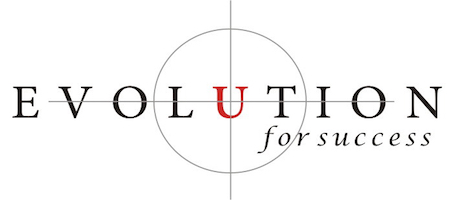Pull out the Fix-It Hammer Second, not First!
How many times has something been broken, and when our first solution for fixing the problem doesn’t work, we result to brute force? This rarely works, and usually produces results that are the exact opposite of what we are trying to accomplish. But, in that moment, losing ourselves to the frustration feels great! I personally am always tempted to reach for my hammer when dealing with problems that arise with my computer! You’re probably found yourself in a similar situation on more than one occasion.
However, when it comes to handling issues in our relationships this communication model just does not work! You’ve heard it before – men tend to jump straight to problem solving mode. When something is broken we jump right in and want to fix the problem. Women, however, want and need to be understood first. No wonder conflicts in communication occur given the different needs of men and women.
Emotional states are not rational. They are not supposed to make sense. Every emotional state that a person has is “perfect.” It reminds me of the Tom Cruise movie, “The Last Samurai.” At one point Tom Cruise’s character is standing in a garden with his captor and they are discussing philosophy. His captor says, “Men spend their whole life trying to find the perfect cherry blossom.” At the end of the movie Tom Cruise has befriended his captor and in the last moments before his captor dies, they flash to pictures of a cherry tree and its blossoms, and his captor states, “They are all perfect.”
Validating a person’s emotions builds understanding; it is not what is said but what is felt that is the building block of communication. Regardless of who you’re communicating with (be it man or woman), your communication will be enhanced by remembering that “Validation of the other person’s emotional states always precedes resolution and problem solving.”
In almost any communication where there is disagreement, it is because one person is searching for solution and another for validation. Or alternatively, the argument arises because neither person feels they are being validated by the other. Validation from both parties always needs to come before the solution if you want to have truly fulfilling relationships.
Let’s look at an example: For two weeks Tom comes home directly from work and is on time for dinner. After two weeks of being on time, during the third week he is late one night. He comes in the front door, to be greeted by his wife Jen, who says something like, “Why are you always late and never home on time? Why can’t I trust you to do what you say you are going to do?”
Some people in Tom’s position might jump straight to “solution mode” and respond without validation – “What do you mean, I have been on time for the last two weeks and I’m late just this one time and I get all of this flack! What do you mean you can’t trust me? Next time I will call before I leave work so you know when I will be home. How is that? OK?” I think we can all agree that’s not likely to calm Jen’s state of mind!
However, if Tom responds by putting himself in Jen’s shoes, remembering that her feelings are driving the situation, and responds by validating them, he will get a better response. He might say: “I know you’ve had a long and crazy day today. The last thing you needed was my coming in late. I know you have a ton on your plate. I’m sorry I didn’t get home earlier.”
Then, and only then, can Tom give into his need to find a solution – Jen is now feeling that he understands her frustration, and is now open to hearing any of Tom’s solutions:
- “I promise next time I will call when I am going to be late.”
- “Let’s get a babysitter on Friday and have a night out just the two of us.”
- “Can I take the kids for a few hours on Saturday so you can take some time out for yourself for a change?”
- “Let’s just order take-out tomorrow and take a night off from cooking?”
What would that do to enhance the communication between Tom and Jen?
Keep in mind, you do not need to agree with the other person’s beliefs/emotions, tell them they are right or wrong, or violate your own personal beliefs in order to validate someone else’s feelings and perspective. Validation can occur even if you don’t accept their way of thinking or believe it makes sense. Tom may believe that Jen is overreacting, but that doesn’t mean he can’t appreciate and acknowledge what has contributed to her emotional state. You can still validate each other’s position, agree to disagree on a subject, and still keep the love and respect between each other.
Next time, reach for validation first, and search for a solution second. You will be astounded at the positive shift that will occur in your relationships.
Liked This Article? Subscribe and Get my Thought of The Week Newsletter directly in your inbox! (You’ll also get a free copy of my “Emotional Mastery” training and my Free Special Report “5 Steps to Stop Procrastinating“)

